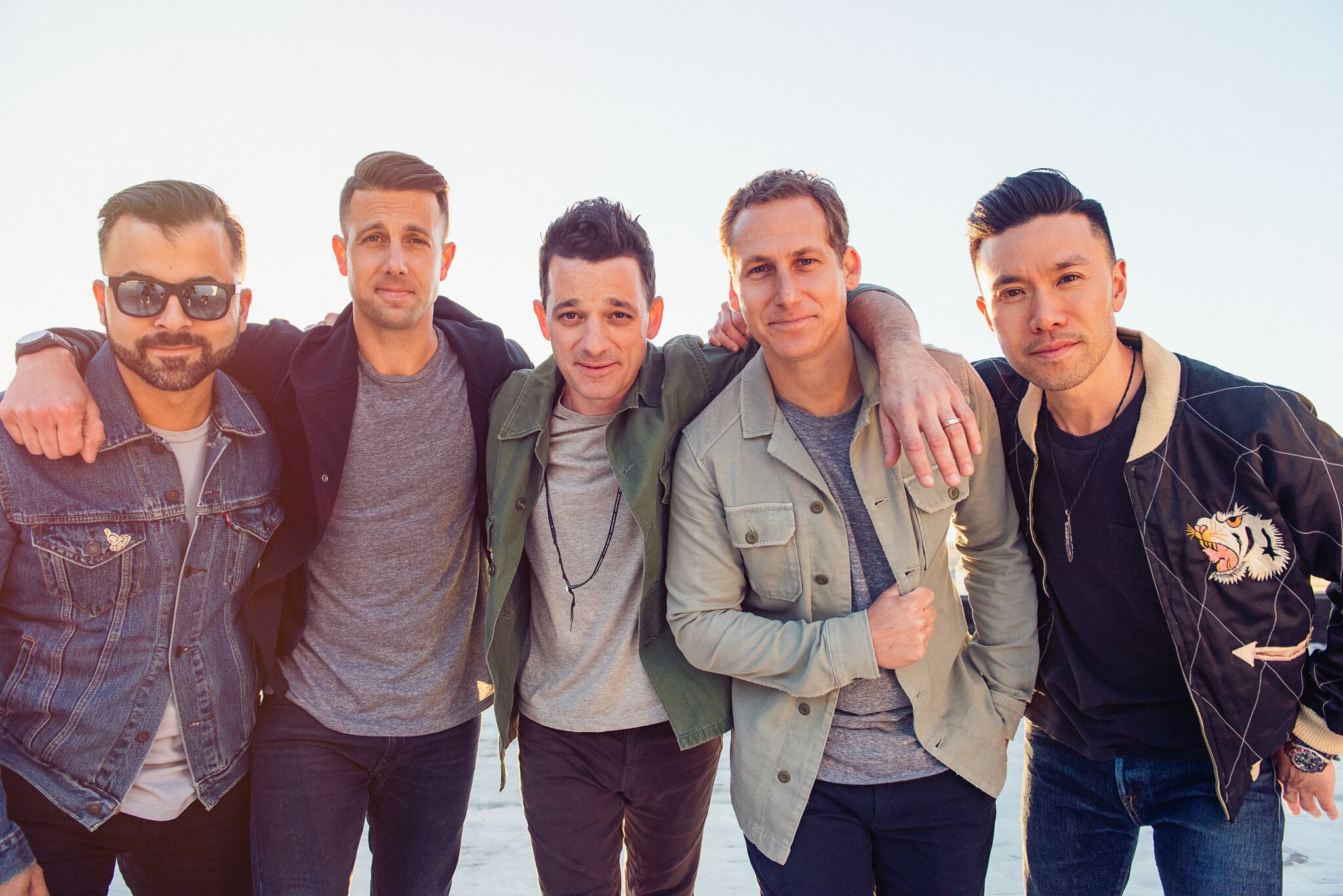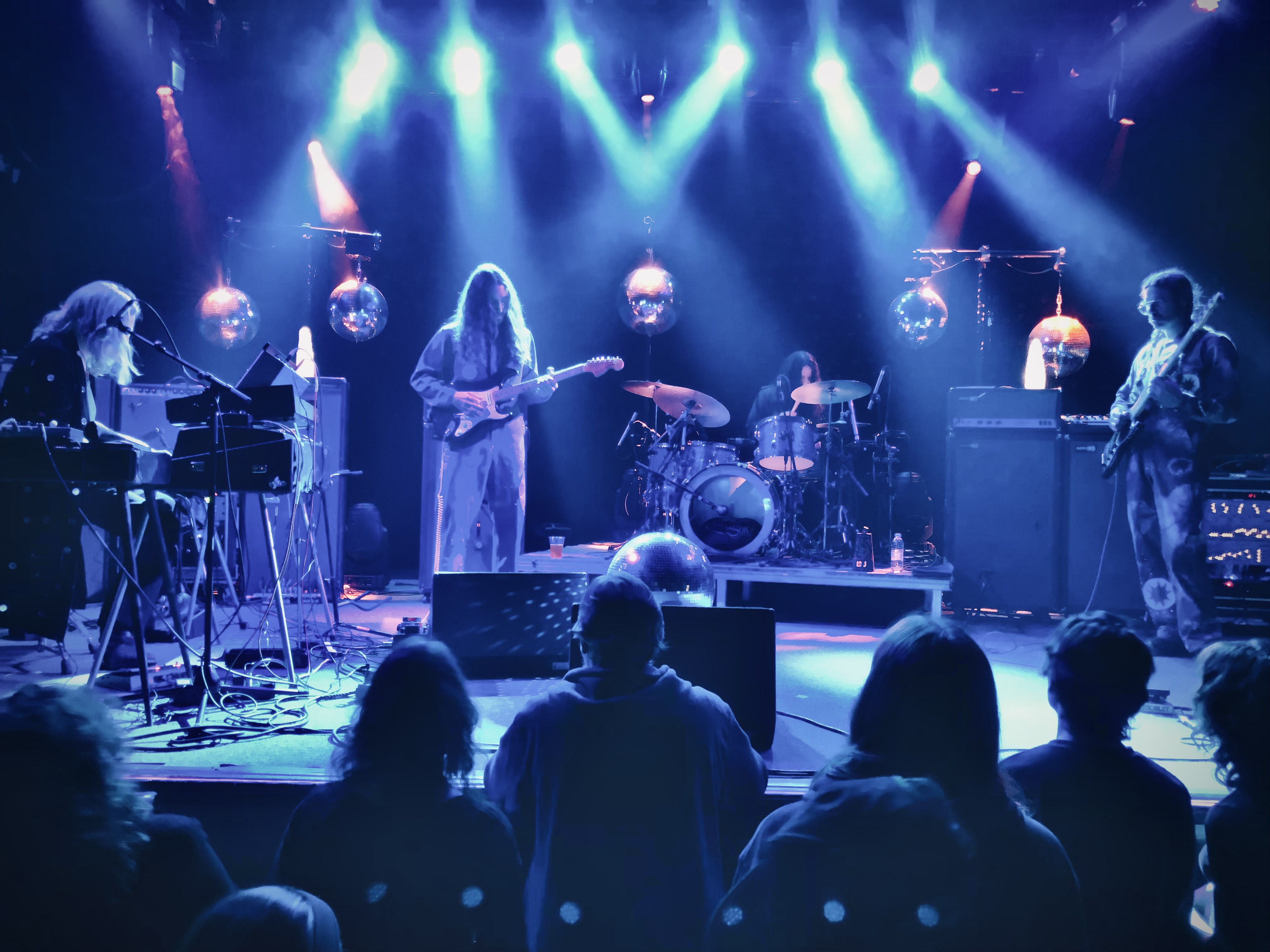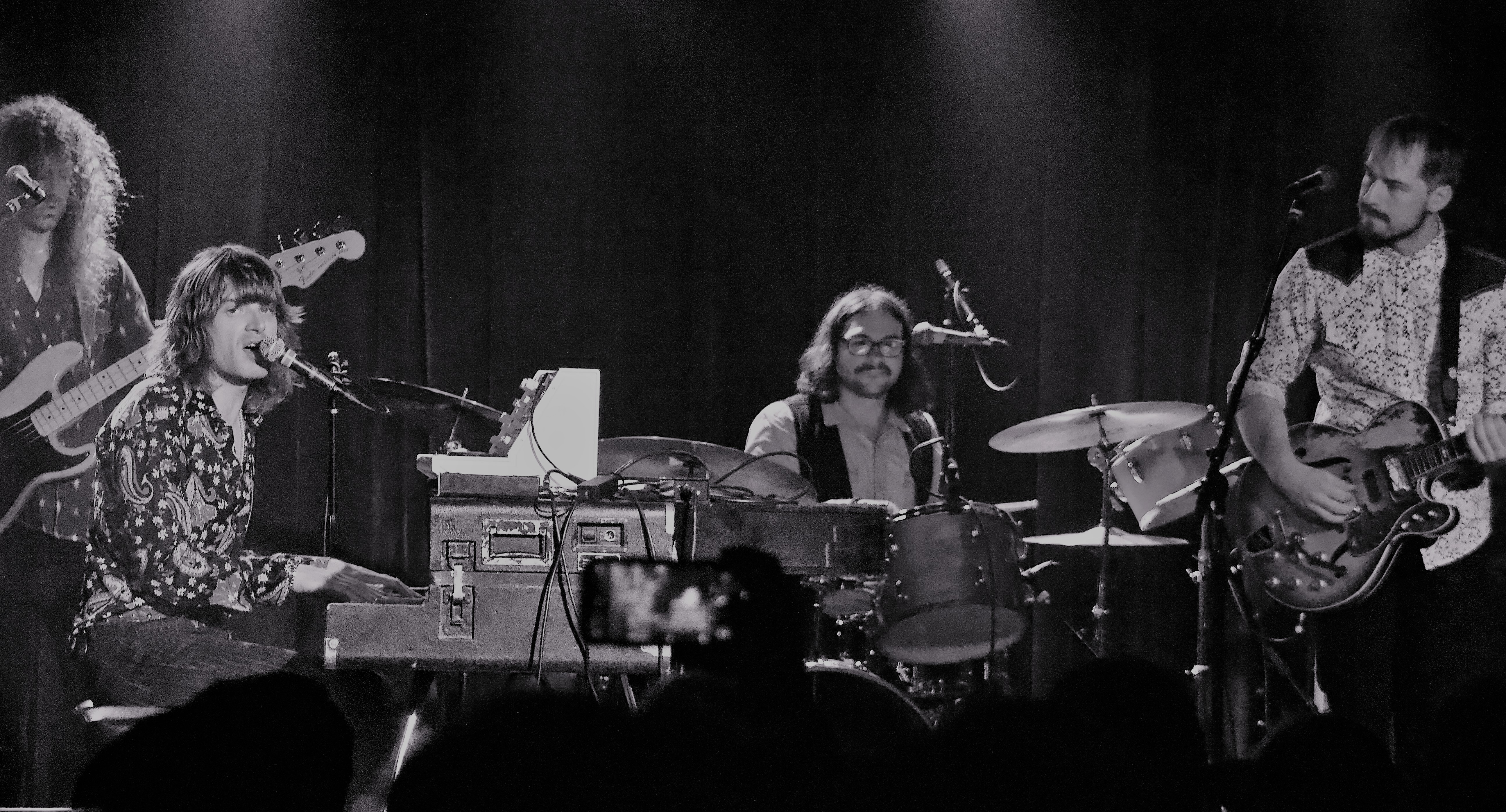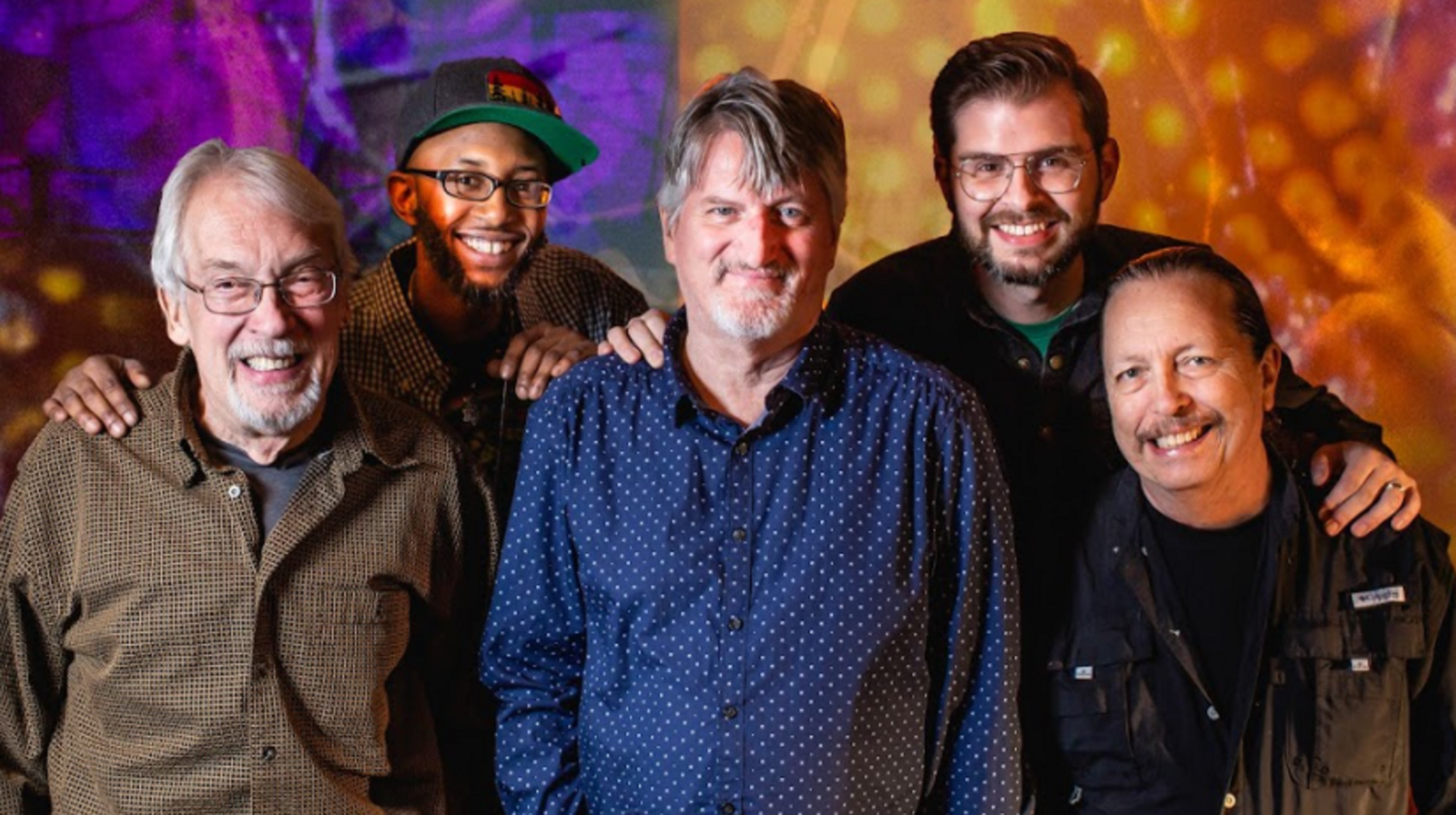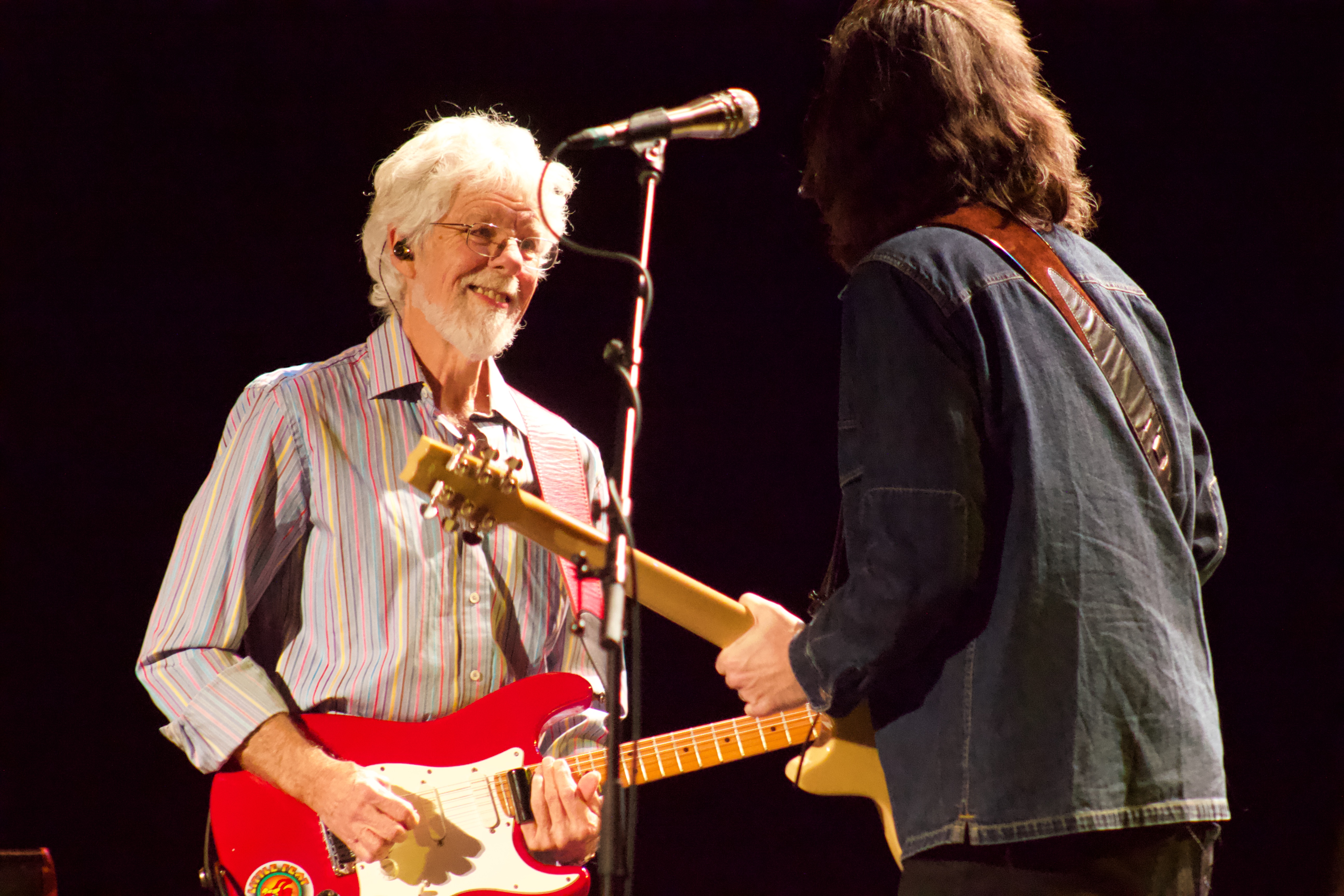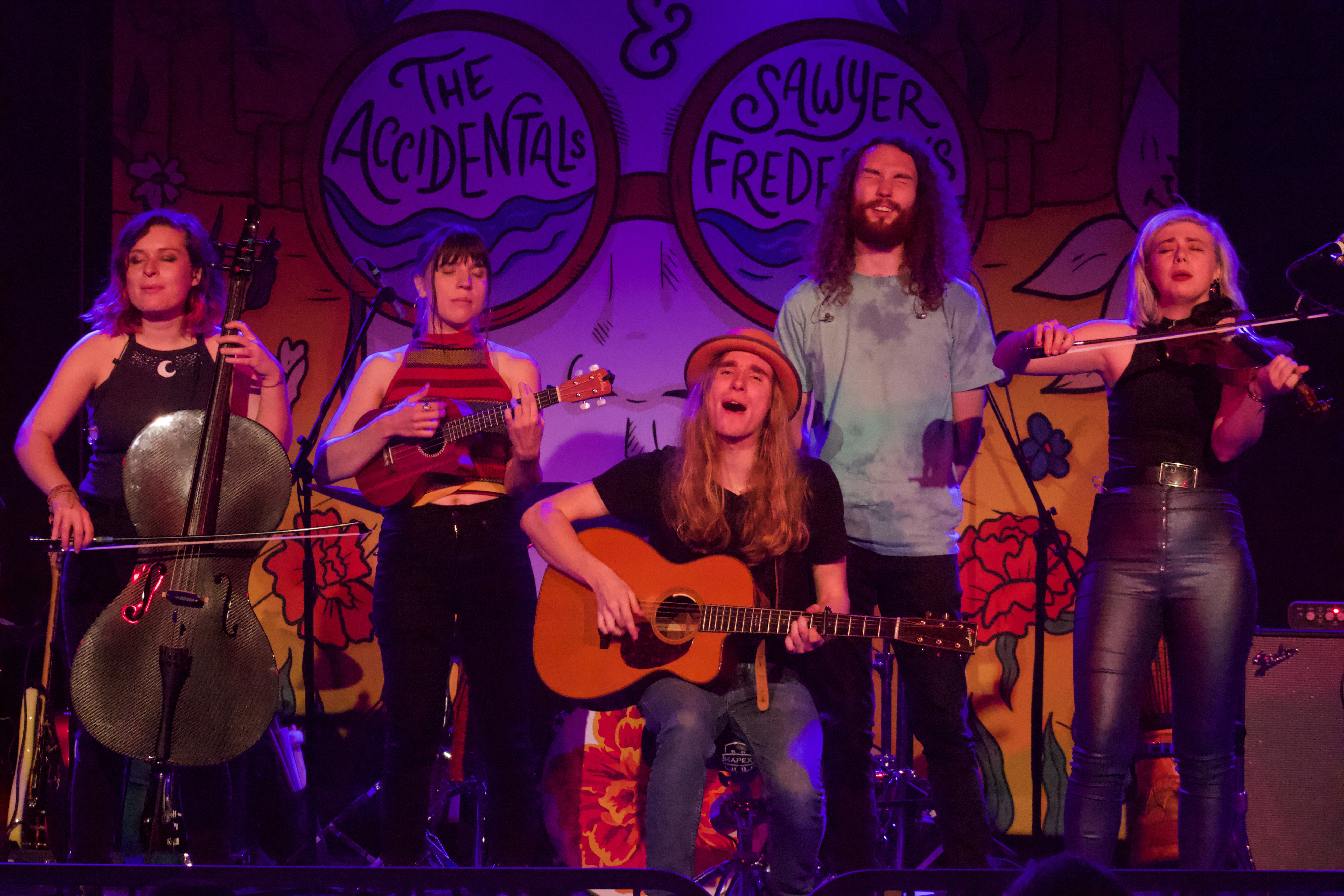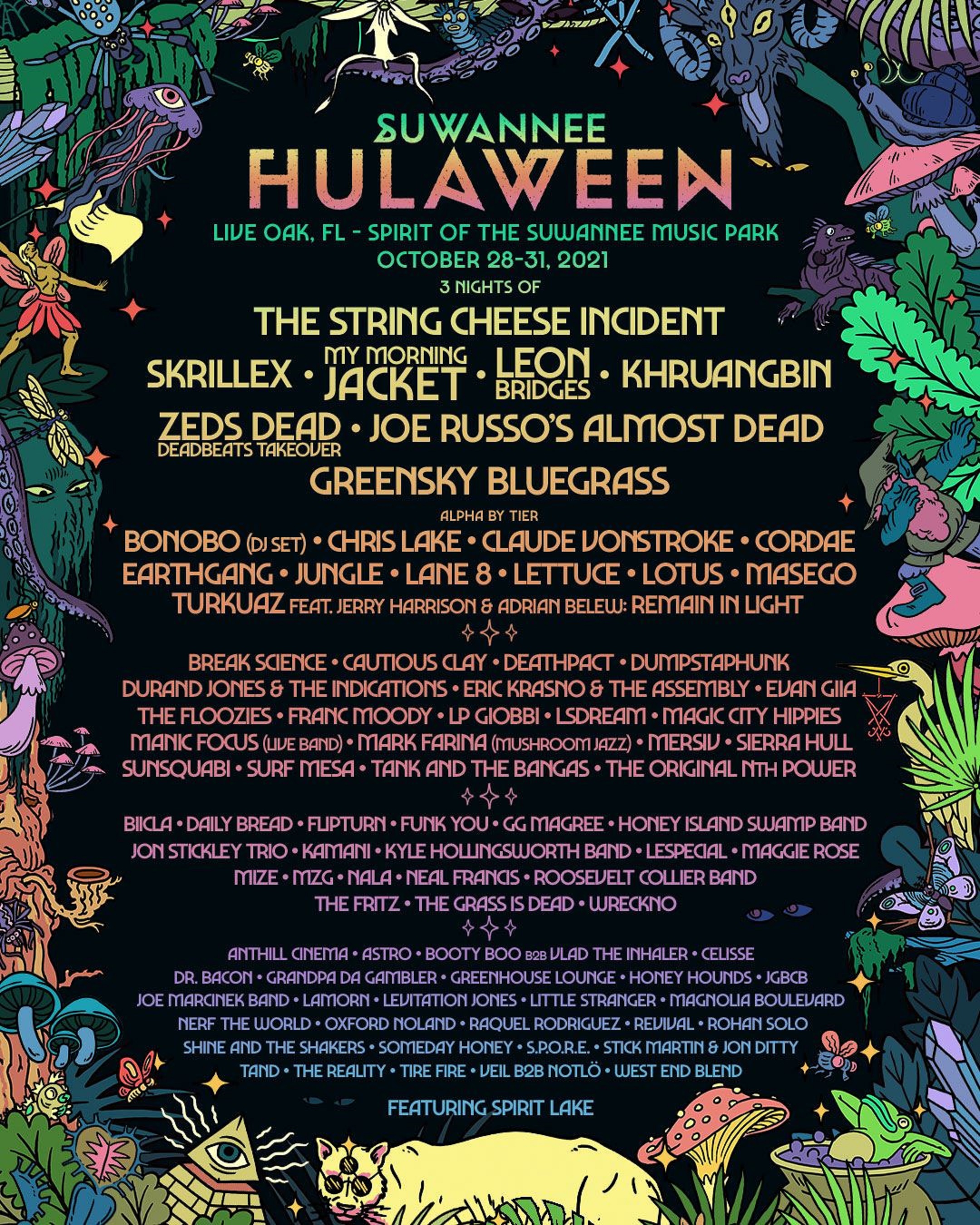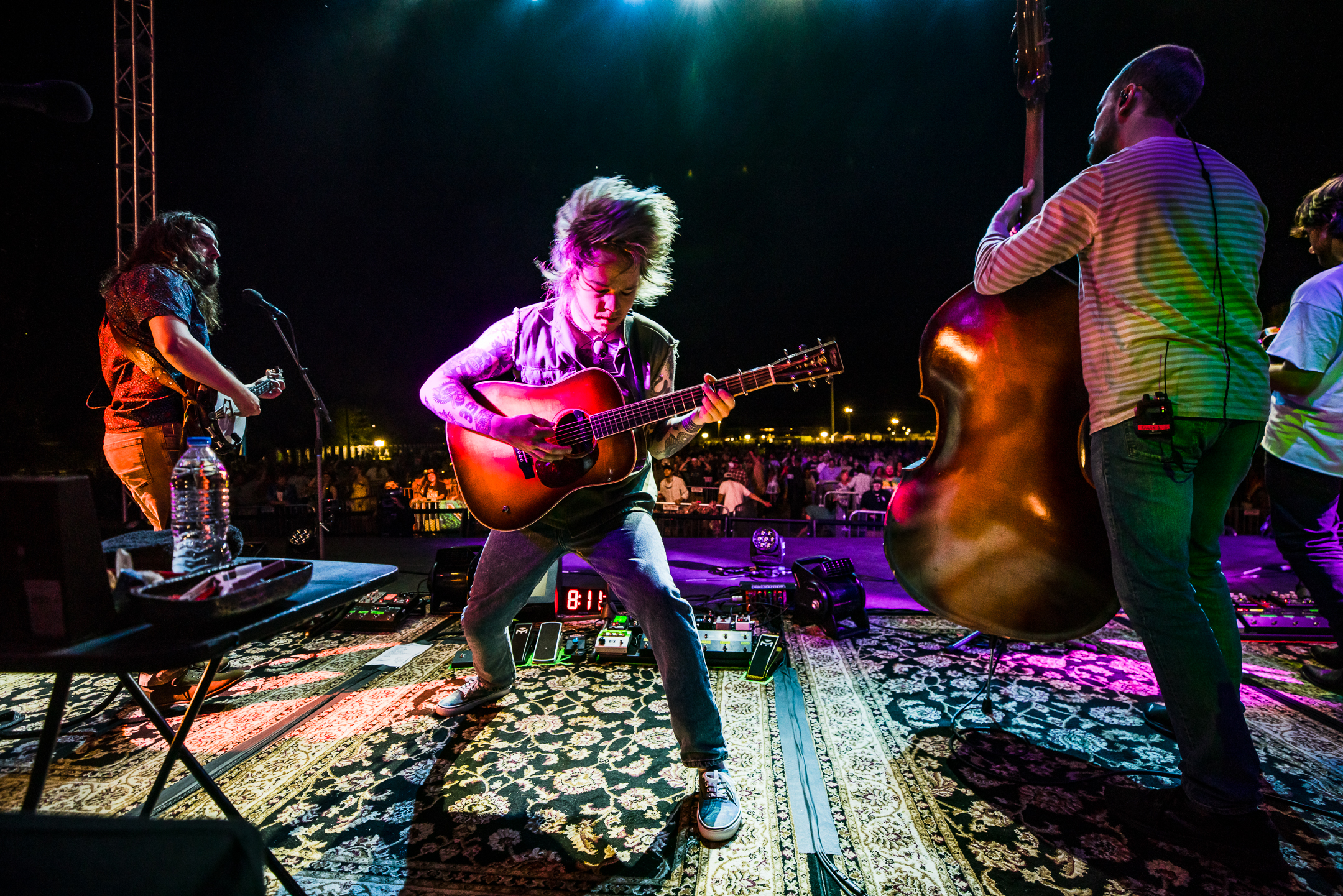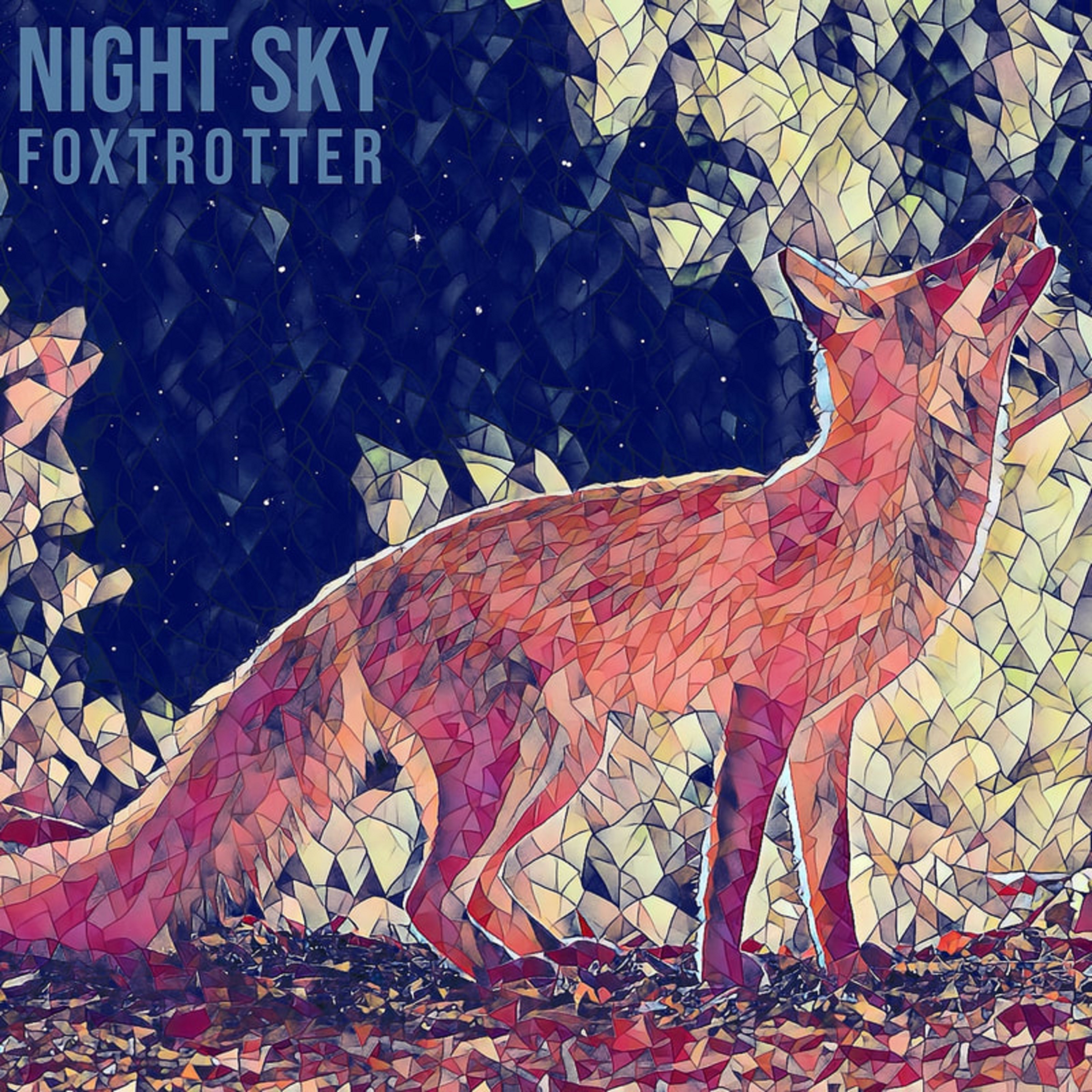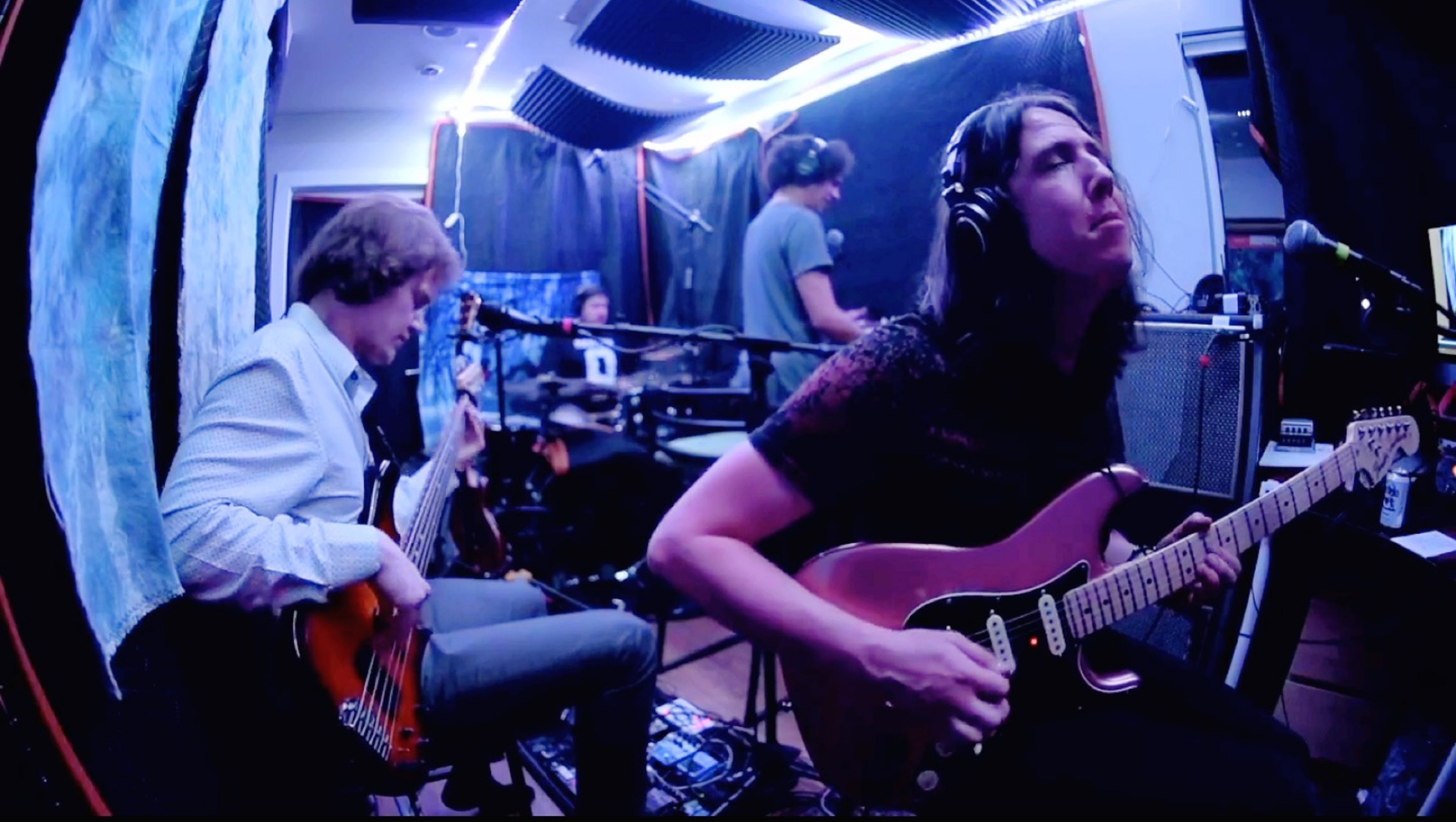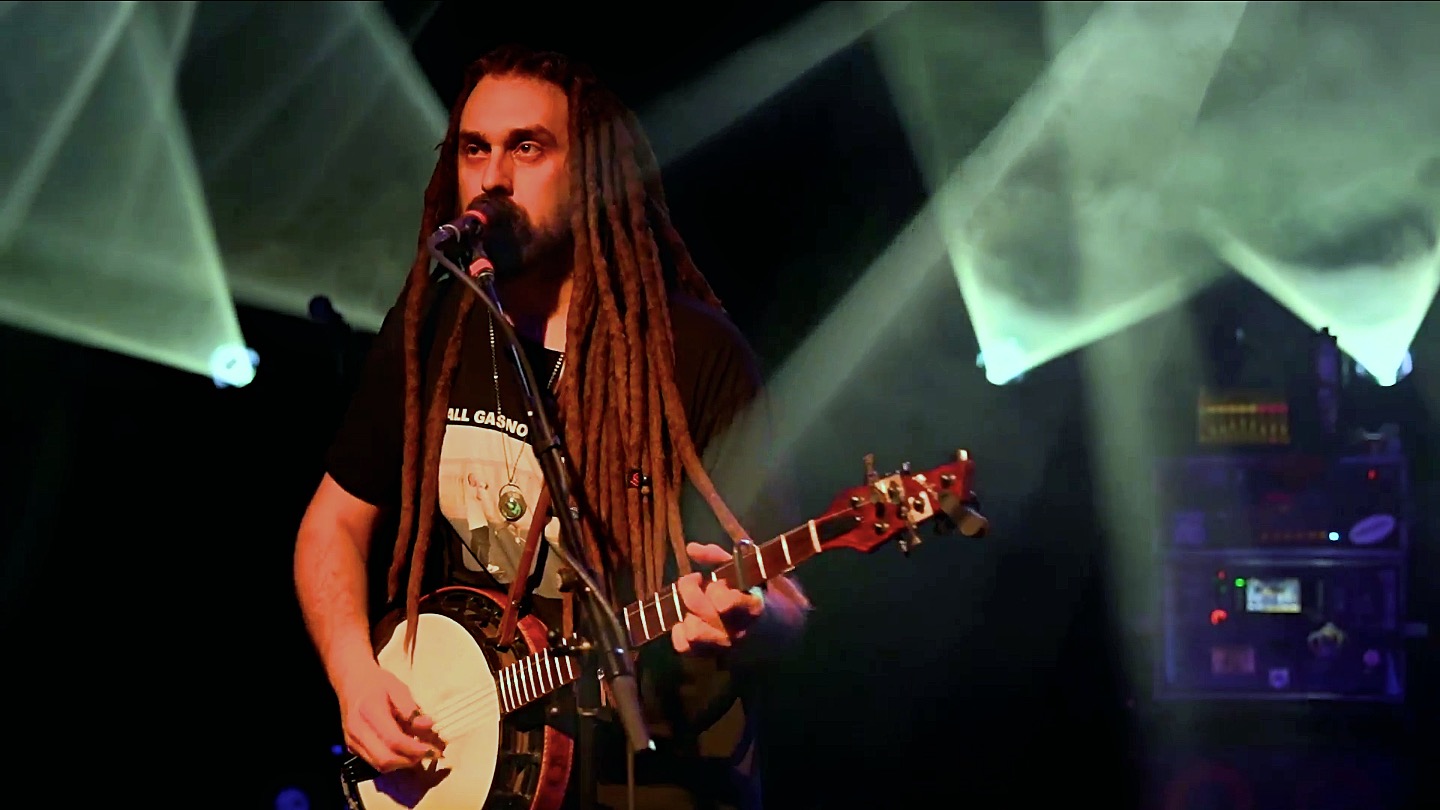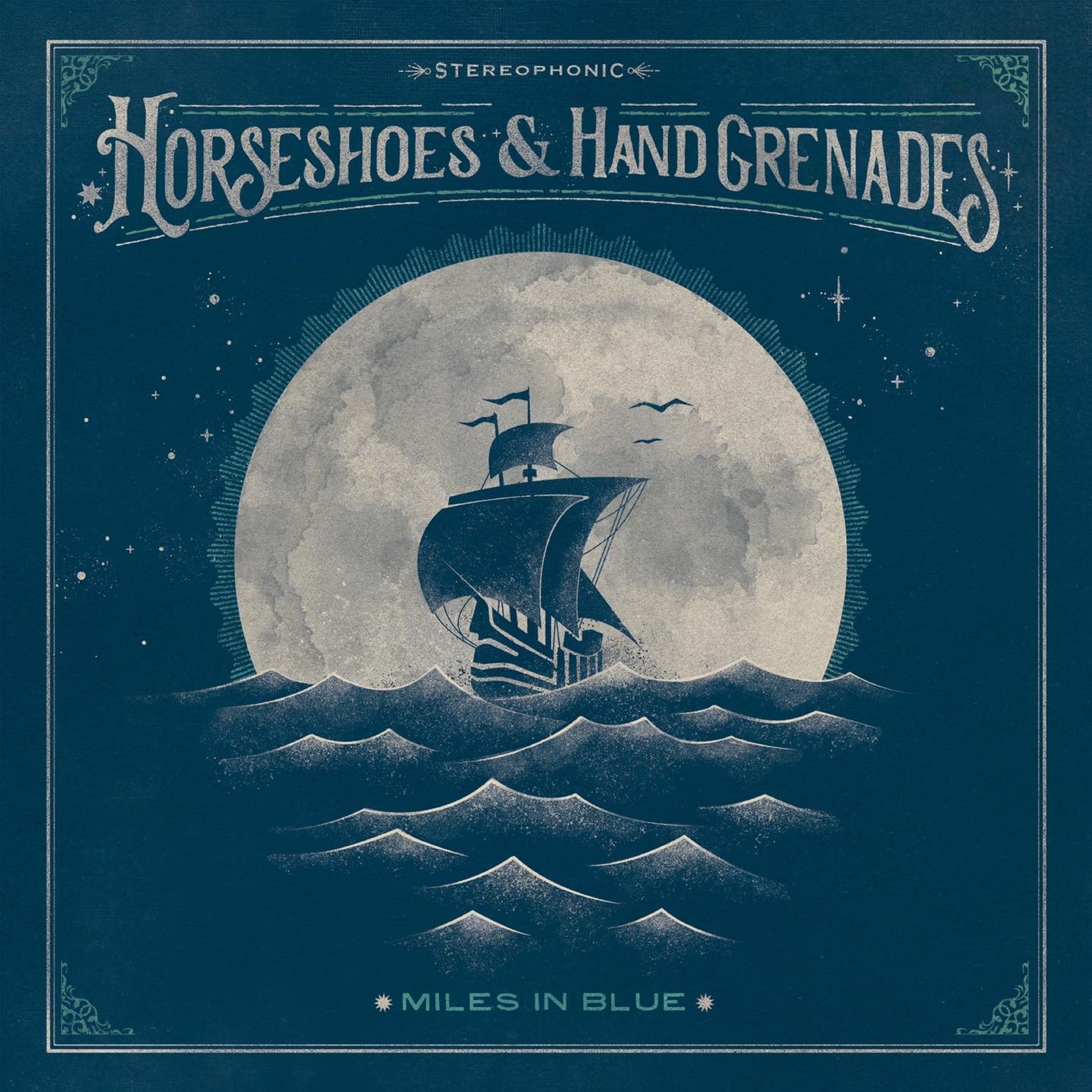In a little over a week, on March 29, veteran roots-rock band O.A.R. will release their ninth studio album, The Mighty. In a career pushing past two decades that has seen them sell out both Madison Square Garden and Red Rocks, the alternative-rock leaders seem to be striding confidently ahead, with this new record that meets their more classic musical tastes with a new, exciting sounds. This summer, starting on June 5th, the band will embark on an extensive, cross-country tour, starting along the east coast and then heading through the south to the Midwest, northwest and finally the southwest with shows in Texas. Their final date in the tour will be a home-state show in Maryland that has a special guest yet to be announced.
Marc Roberge is O.A.R.’s amiable lead singer and rhythm guitarist, with a Zen-like personality that discussed with Grateful Web band the state of the band, as well as a breakdown of the new record, with ease.
GW: Marc Roberge, thanks for taking the time today. How’re you doing?
Marc: I’m pretty good! (laughs) That’s a good question. You know, literally, no one ever starts with that.
GW: Yeah, why not? But I have just a few questions about you and the band, and of course, the new album coming out. The Mighty is all finished and set to come out in a couple of weeks.
Marc: Yeah, I worked on the album until the late-night hours of February 1st...and we just had to turn it into the label, so we were working up to the very last minute. I lost my voice; I just could not give anything more to the tracks. But we turned it in; we called it a day.
GW: Oh man, deadlines. Under pressure sometimes works.
Marc: Yeah, deadlines. It was very…self-imposed drama, but it was good stuff. It forced us to make some decisions. But pressure, always. I mean, you gotta get it done. You can’t overthink this; you’re just making songs.
GW: I’ve been spinning the album all week, and it’s a very empowering album. What were some of the forces or experiences in your life giving the most inspiration behind these songs?
Marc: Man, that’s a good question. It’s a direct reflection of...the need to hold it down at home, with a growing family, and with the real world, trying to make a living, making music, with your other family, and do it at the level where you want to tour every year. It’s a reflection of being a band in 2019 for your livelihood; you know what I mean? I think that’s what this thing is about; it’s about how we’re feeling while we’re making this journey together. And over the years we’ve always tried to tell stories, but at the end of the day, it’s merely you just expressing how you’re dealing with life. We’re in a pretty proud place right now; we feel that we’ve created a foundation to be digging our heels in. And so that year, last year was spent making the balance work and holding it down at the studio, at home, doing it properly, doing it together. And that’s really why we called it The Mighty; it’s a direct reflection of that.
GW: Having interviewed a number of artists, both long-timers and newer ones, I think I’ve gotten an appreciation for that grind that they all have. Sometimes you don’t realize all that goes into the behind the scenes of your favorite music.
Marc: And it’s a grind that you don’t complain about. You’ve gotten to do a job you’ve dreamed of doing…but to do that you have to make music that’s real. I mean, it has to reflect your life. Because people relate to the same things, we all relate to the same things. Once you start making music for the wrong reasons, then you get way off from what someone can relate to. Because you’re really just making up a story. And, even though we use characters sometimes, it’s always a reflection of our life. And that’s why I think people can relate to this, just like I relate to my favorite musicians because I believe what they’re saying.
GW: So, now that the album is finished, do you feel like you’ve been successful in this regard? Getting the messages out that you wanted to? Have you gone back and listened to it?
Marc: Ahh…it’s rare that I ever listen back…I’ll listen to the album feverishly, for a moment, while we make it, at the end as we’re finishing it up. In that moment of turning it in, I’ll listen to it over and over and over. And then, I’ll take a break, and then I will absolutely listen to it and celebrate it all spring and summer, and we’ll be playing it out. And then, after that, I’ll know whether I got my story across. Because, the thing with songs is, I think, sometimes you don’t really find out what they’re about, for years. You write a song; you think it’s about the time you went outside, and went fishing and learned a lesson about the stars, or some shit (laughs). But then, six years later, you realize it was because your dad was sick, or something like that. So, I think that I’ll get more clarity on that after the celebration and tour is over. And, for now, hell yeah I’ll listen to it, because I’m proud of it. That’s just the cycle. When I listen to music, I’ll listen to the same Paul Simon song for six months. And then I won’t listen to it for five years (laughs). I just go in these long patterns of certain music.
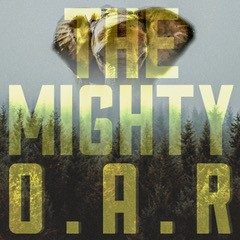
GW: That resonates with me because my dad’s been a musician his whole life. And one time when a musician my age had come to him saying he just finished this new song, my dad had said, “Well, you’re never really done writing a song,” and that’s always stuck with me.
Marc: Yeah, with me too. Because I could have a song that I think I’ve written twenty years ago, but I’ll be playing it at a gig, and I’ll be looking out there, and I could just go off on a whole new tangent, I could make up a whole new verse, I could do anything I want, this is my world. So yeah, he’s right, it isn’t ever really finished. And that’s what I mean by writing your story; people will relate to it if it’s true. I think that’s what your pops meant. Your story’s not over, so your song’s not over.
GW: During the making of the album, did you prefer to get involved on the more detailed levels, or do you prefer more to hang back and let that be handled by those handling that part of the process?
Marc: So, over the years, I’ve sat in a lot of different chairs in the studio with O.A.R., and I’ve enjoyed every single one of them. Whether it’s sitting back and watching a producer create his vision of your band, or taking part in the production of that vision, or your own, and also to now. Where, I’m like, “Okay, I know what I know, but I know what I don’t know,” and that’s really paramount to pay attention to, and find people that can fill that. So, when you’re in a room, and there’s a producer there to do a certain thing that they do really well, and much better than you do, being able to put that type of team together has been the ultimate satisfaction in making music. Being able to collaborate with other producers, other musicians, within the band and outside the band, has been my greatest time in the studio. Because, for example…if I’m sitting there, and Pom-Pom (Helen Pomerantz) is making the rhythm track for “California.” That’s a song that I recorded on a voice memo, got the chorus and lyrics from the air, and never changed it, and wrote it down in ten seconds. And then, along the way from that point, it was touched by our guitar player Richard, and then had this other part, you know what I mean? You just see it grow. To be able to sit in the chair of co-producer, or co-everything, of an album, is the best position to be in. Where you just know it’s better to work with people who make everything elevate. That’s a really long-winded answer, but what I’m really trying to say is…I’ve sat back and done nothing, and I’ve tried to do everything. The way to be is to create a team that can do it all.
GW: When you think of the longevity of a band like O.A.R., you’re not just a touring band, or a performing band, but artists trying to perfect the studio process over the years. That’s very cool that it sounds like you’ve found a process that you like.
Marc: Yeah, exactly. And I’ll mention that our saxophone player, Jerry, has co-produced so much of our work, he operates out of Ohio. Each member of the band can run a session. and that's huge. Because I can be sitting in New York, sitting with Gregg Wattenberg, working on a song, and go, “Hey, we need a horn section.” And we can record them live here in three weeks, or Jerry could send me the demo of it in five minutes, and Jerry will do it, he’ll record it and send it from home. So, everyone has their role in making this thing move forward. It’s like you said, it takes time to get there. Not perfect, but you’re perfecting what works for you.

GW: So, while the album comes out later this month, you have already released a few singles. Have you tuned into any feedback from fans about the new music? I’m curious as to what maybe older, much more longtime O.A.R. fans think.
Marc: So far, I’ve seen good feedback, maybe that’s because someone is funneling that to me (laughs). But I am not clueless, so I expect some sort of reaction, whether good or bad. But I’ve honestly seen so much positive feedback that I feel like people get what we’re doing, and that our fanbase is proud of us. Because, we’re just trying to tell stories, and they’re the ones telling them every time we meet them. We’re out there, like everyone else, just trying to have a great time. A couple hour break from every day. I have seen people probably be like, “Wow, this sounds different,” which is great. That’s awesome. Because you don’t want to make the same song for twenty years.
GW: I guess if the choice is between doing that or being dynamic and taking musical risks….
Marc: We make a point every time in the studio that it will not be for lack of trying. We went in there to capture where we are right now, and that’s what we did. We’ll go and play these songs from the album live, because we imagined every single one them being played live, at a summer amphitheater. I mean, that’s what’s on my mind. When I’m thinking of “All Because of You,” I’m thinking, “how are we going to stage this? Where do I want to sing it?” Because I know it’s going to be seventy degrees, with the crickets chirping, at some amphitheater. Like, "Turn it Up Slow” is a song on this album that’s totally eighties vibe, eighties all the way. Because I wanted to play it at Red Rocks, you know? (laughs). It’s selfishly open.
GW: One thing I enjoy about the album is this cool split, right around “All Because of You,” it seems to happen. The album becomes much more laid back as opposed to the much more upbeat first half.
Marc: That’s exactly right. “Nantucket is Gone” for instance, the reason that’s last; it just fit the moment. I’ve been walking around the same dock, this marina, for years, looking at the ships come and go as the season's change. Knowing the feelings I’ve had. That’s what this thing’s about; it’s about renewal. That’s the last part of the season. That’s why the songs are listed in that sort of way. “Knocking At Your Door,” that’s the beginning of the adventure when you’re on tour three thousand miles away, and you’re flying through the night from anywhere, or taking trains, buses, anything you can do to spend an extra six hours. That’s how it starts, and then you’re making songs, and then you’re in the studio…by “Nantucket is Gone,” you’re at the end of the process.
GW: When it comes to the live show, do you or other members of the band like to craft shows in that same way, a sort of story arc? Or is it more go with the flow?
Marc: We started off for years and years with zero setlists, and that was a party. And then, we had so many songs that we needed to decide “Well, what are we playing in general, tonight?” Now we’ll pick out twenty songs, and try and play those twenty. However, paramount, first and foremost, it’s not about us, it’s about the experience of everybody. I can tell when it’s time to play a faster song; I can tell when it’s time to do some sort of more rhythmic thing, or this, that or the other. The crowd dictates that, you can ask anyone. We always print a setlist, but there’s always a movement. You’re like a master of ceremonies, in a sense, like you want it to go this way, or that way, and you can tell people appreciate that. You want it to be an experience. So, I won’t ever play a setlist like it’s written out. And that frustrates our crew like crazy.
GW: In terms of the new stuff from The Mighty, what has the band gotten a chance to try out live so far?
Marc: We’ve only played “Miss You All The Time” and “Knocking At Your Door” we’ve only played a handful of times, just testing it out. So, we’re going to do a very serious rehearsal before the tour, so that when we play these things, this will be the first-time people will hear them in the proper…. form, I guess? And we’re not gonna play the whole album, and then just the old stuff. It’s going to be a real nice mix.
GW: You mentioned that you'd listen to one or a few songs forever. What is that right now?
Marc: “Lover You Should’ve Come Over,” by Jeff Buckley. I’ll be listening to that this whole month. I’ve been really into that just because it’s such a well-written, amazing thing. And, I’ve been getting back into Buju Banton, while making this record. That was a good part of my life, spent in people’s garages, listening to that. I love listening to things that take me back. If we’re talking new music, I know that I love Logic. That was on my radar early, and it was mostly watching him blast off, playing amphitheaters, and just loving the image of that because that’s a party that we would always want it to go to.
GW: On your tour this summer, you’ll be joined for pretty much all of it by American Authors. Do you know them well?
Marc: I do know those guys, we’ve played together in the past, and we’ll all know their songs. They work hard out of Brooklyn, so I’m game. They put on a good show, and they’re really good musicians, and they’re fine gentleman, so I’m down with that. I think a lot of people are familiar with our collective songs. Hunter Tones is another group that’s playing with us, for I believe the entire month of June. They’re out of Brooklyn, and they’re incredible instrumentalists. No vocals, great section, really up and coming, so I’m excited to see that.





